[Option 2] Glassdoor: Rant about your boss AND help the community
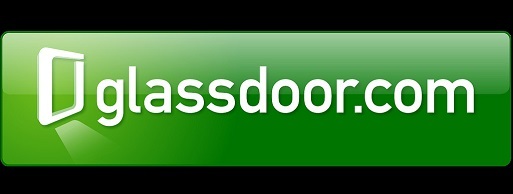
What started as a place for disgruntled employees to share their frustrations with the people upstairs anonymously, quickly became a money-making machine.
Glassdoor was founded in 2007 as a job-review website in California by three former Expedia employees who were gossiping about an accident one of them had made earlier, leaving the results of an employee survey on the printer tray. They were wondering what would have happened if the results had been publicized, and decided to move forward.
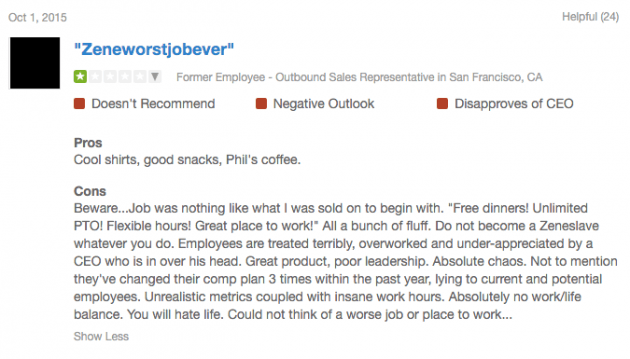
Source: http://www.inc.com/sunil-rajaraman/the-5-most-hilarious-glassdoor-reviews-of-silicon-valley-employers.html
After initial testing and fundraising, Glassdoor launched in 2008 focusing on reviews and salaries. Under the umbrella of anonymity, employees felt comfortable posting everything on their mind – both bad and good reviews, with a lot of honesty and sometimes a hint of humor. Predictions of salaries were also a strong tool that quickly built – many people voluntarily disclosed their salary; when averaged across a large number of employees in the same position, one could get a great idea of whether or not the company was worth applying to. Value creation was booming, and many people found glassdoor as a great source of information.
“Most companies don’t have a good mechanism to give the CEO real, honest feedback.”
-Scott Weiss, Venture Capitalist, Businessman
Glassdoor’s next step was to structure the feedback and review system, to obtain better modularity for fact-gathering. Instead of leaving an empty space for one to write anything, questions became more focused about the workplace and the CEO. Interestingly, this gave employers the incentive to cooperate with Glassdoor, shying away from the risk of becoming an “underground ranting service” to a pure feedback-based website; later, employers were given the opportunity to respond to reviews (with a premium service charge, of course).
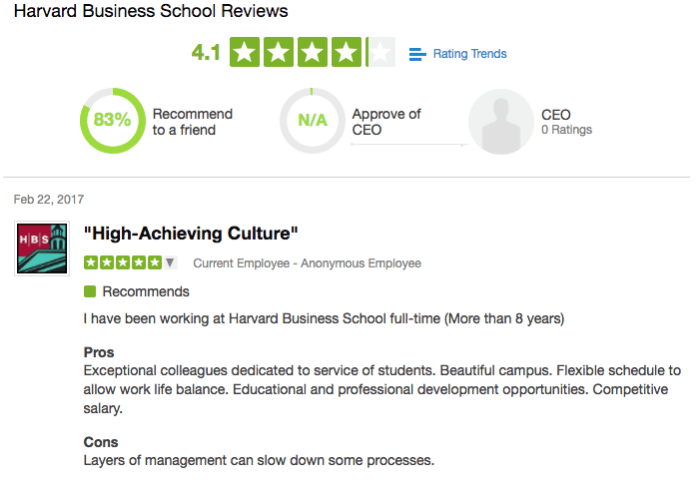
Source: Glassdoor.com
Glassdoor itself, not surprisingly, actively encourages its employees to publicly review its own culture: Glassdoor the employer registers a 4.1 score and 91 percent CEO approval rating on Glassdoor.com.
Once the crowd-based platform was established, with sufficient reliable data from employees, and curiosity and presence by employers, it was time to heavily monetize. Glassdoor opened its own job seeking platform, with job postings and links to the review pages. The success of Glassdoor as a job-seeker portal came from its crowd-sourced database of salaries and honest review.
Value capturing is done in 3 main axes:
- Advertising: Mainly by companies who are seeking to recruit
- Premium services offered to job seekers and job providers with regards to review postings
- Job postings
As for profit formula, financial information on Glassdoor are hard to come across as it is a private company, but recent valuations place it at around $1B with good growth projections, having raised over $200M in 9 rounds from 8 investors.
Competition
The employment recruiting space is led by giant social network LinkedIn, who draws its strengths from knowing the individual behind the computer (whereas, as explained, Glassdoor draws its strengths from his or her anonymity).
With two very different approaches to drawing power from the crowd, the market capture battle is a fascinating one to see online, especially because both companies have to maintain the values of transparency. Both Glassdoor and LinkedIn offer review pages and jobs with their competitors.
This does not, however, prevent the companies from battling it out with the employers, with Glassdoor trying to cut costs and sets prices at half.
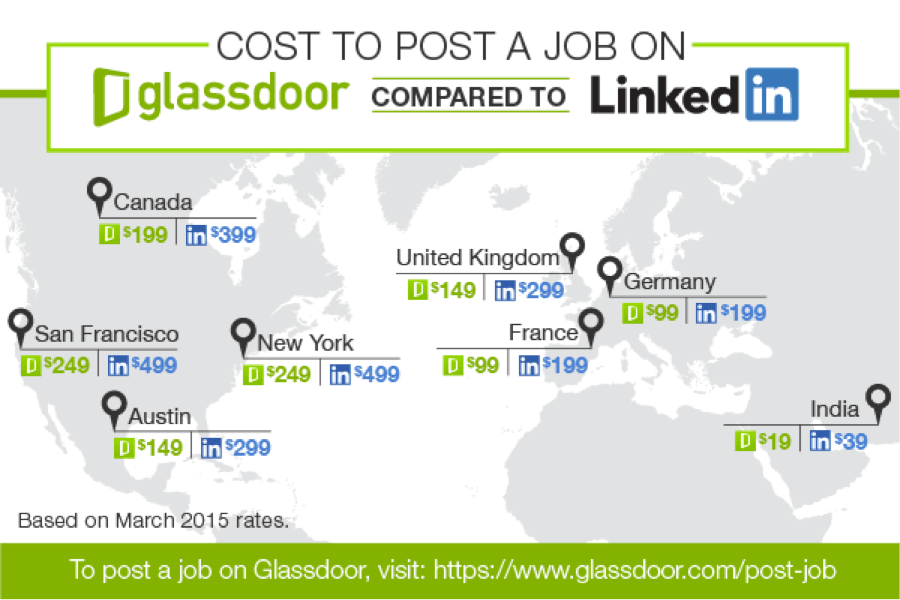
Summary
The innovative beautiful approach of Glassdoor to attract crowd participation goes all the way to the very basic instincts of us as humans. For lack of better words, people always want to gossip about their managers when they’re not around, and show off their great salary (but it’s even better if done in a humble and subtle way). Glassdoor monetizes this to perfection.
Sources:
http://www.inc.com/magazine/201412/zoe-henry/a-very-opaque-glassdoor.html
http://www.inc.com/sunil-rajaraman/the-5-most-hilarious-glassdoor-reviews-of-silicon-valley-employers.html
Glassdoor raises $40M, valued around $1B, for a job search platform with peer reviews
https://www.linkedin.com/pulse/linkedin-vs-glassdoor-time-place-bets-balakarthik-venkataramanan
https://www.crunchbase.com/organization/glassdoor#/entity
http://www.glassdoor.com



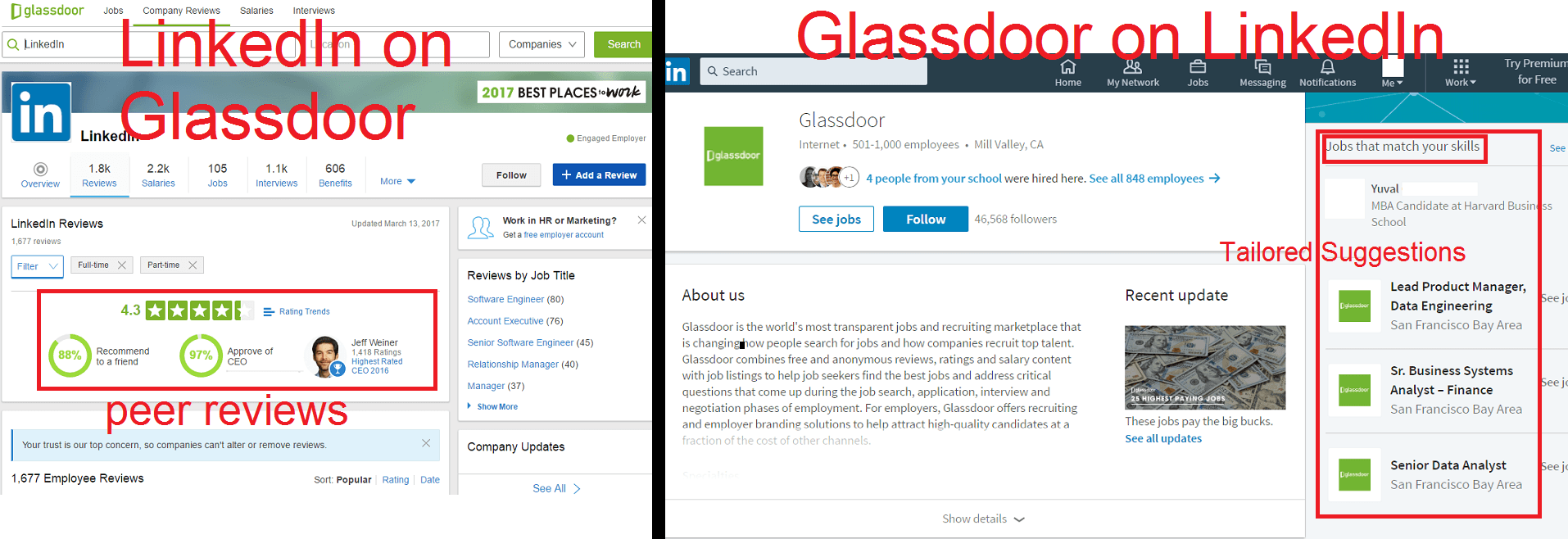
Love that you wrote about Glassdoor. It is a website that I’ve used extensively for during my job search. It is actually quite similar to the Blind app, which lets colleagues chat anonymously with each other about how bad (or good) their company is. Overall, while Glassdoor is a very valuable resource, it is interesting to see how it is valued at so much less than LinkedIn (presumably because of the anonymity).
I didn’t know Blind but it looks very interesting from the perspective of anonymity (other than the work email which might be a growth blocker). The whole fight of the pros and cons of anonymity is a very interesting one. My sense is that the internet has become less and less anonymous over the years (Almost every website requires a first and last name today; most websites in the past only asked for a handle/nickname and that’s it)
This post made me curious to keep an eye on the competition between Glassdoor and LinkedIn. It seems like the two companies are crowdsourcing information to replace/support headhunters, but they’re coming at it from different angles. Though both companies list jobs, Glassdoor is crowdsourcing information to answer the “Would you want to work here?” question for jobseekers. LinkedIn seems to be crowdsourcing information to answer the “Who exists in the talent pool?” question for employers and the “How can I get my foot in the door?” question for jobseekers. I feel like they will eventually converge on a complete solution, and it will be interesting to see who is more successful in deploying their crowd to get there.
Thanks, Jess! I couldn’t agree more with your analysis on the different value proposition. I wonder if there’s a situation where both will not converge but rather coexist; it all depends on what Microsoft plans to do with LinkedIn…
Great post Yuval! I remember a class last semester where the CEO of a consulting company came to class and a student brought up the company’s poor Glassdoor rating. The CEO was quick to dismiss the entire community calling it “a place where only people with problems go to vent”. There may be some truth to that since many online communities have the same problem. I wonder if Glassdoor is actively trying to create a more balanced ecosystem of reviews? After all, they are counting on companies paying for job postings. The more “undesirable” companies, the less revenue potential.
Thanks, Yi! This reminds me of Ashley Madison, the cheating website, that was free but charged users $20 to delete their profile (and later suffered from hackers and other bad PR) – I looked briefly but couldn’t find any for-charge bad-review deletion mechanism, even though it could be a good solution… 🙂
Love it Yuval (as always!). To Yi’s point, I wonder how difficult it is to get credible sourcing. From two ways: 1) are employees that are writing their reviews really objective? (as in, without external influences… otherwise a company could just ask everyone to fill it out in a positive way to push the company); 2) how can you check former employees, since they don’t have official email addresses anymore? $1 bln valuation is crazy btw… really wonder about the cash flow model behind it. Then again, Linkedin got bought by Microsoft for $26.2 billion, so that might not be so crazy after all…
Thanks, Daniel! I agree the 1bn valuation is crazy, but many of us use Glassdoor quite often.
In a quick back of the napkin calculation: let’s assume a company has to pay 10% of the first year salary to a headhunter. The average US salary is $50k, let’s assume $70k for Glassdoor because we’re still more tech-oriented, etc. That’s $7k per job posting that the employer is willing to spend to avoid headhunters. That’s about 140K companies on Glassdoor to reach $1bn in revenue, or when factoring lifetime value etc, about 70k. I think thats a fairly reachable number.
I think as a non-paid requirement to access job salary info, glassdoor requires a review of a current or former employer. That being said, there is no cross-verification or company email address required.While it is possible to create multiple accounts to decrease or increase a company’s rating, I believe that for larger companies the average is true and that a good mix of reviews will be available
Wonder if there would be demand for the opposite side – the dark side – where managers leave feedback on employees. Under conditions of anonymity, one could build an employee verification business out of it. Alternatively, the employee could nominate their manager at the beginning of each fiscal year to leave feedback on the platform – to avoid confirmation bias.